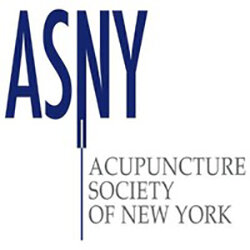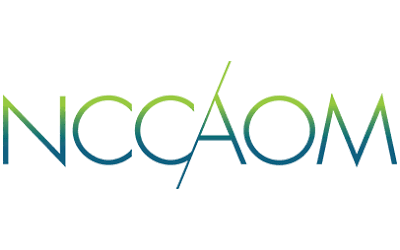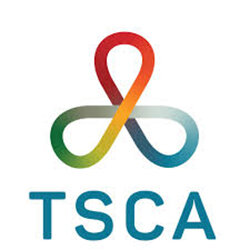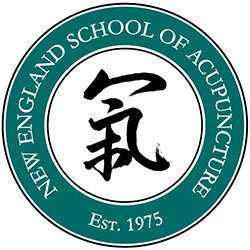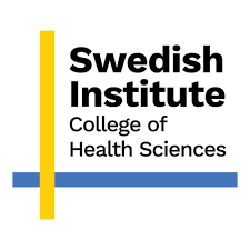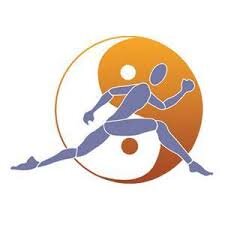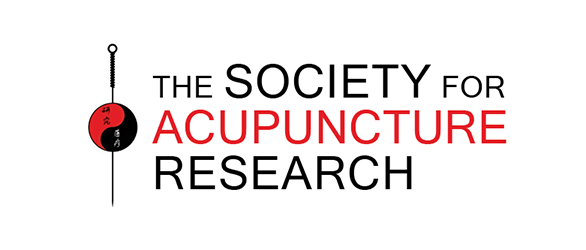Chinese Herbs As Part of Postpartum Care
/The weeks and months that follow childbirth are a time when your body as a new mother undergoes intense healing and realignment. In China and other East Asian cultures, the first 30 days after delivery is a crucial time for recovery. It is called postpartum confinement or Zuo Ye Zi, “sitting the month”. During this period, the mother is able to rest and eat special foods, that support recovering from delivery. This is so important during the healing period that there are special meal delivery services and clinics (hotels) where women can admit themselves so they can have support to regain strength, heal, feed the baby, and bond. Traditionally, the family would do this for a new mother. Sitting the month does not mean doing anything, it means doing only what is necessary, such as sleeping, eating breastfeeding, no exertion. Someone else can cook, clean, and change diapers.
By contrast, women in Western culture do not rest after delivery. They are expected to deal with sleepless nights, continued bleeding, lactate, and change diapers all while navigating through hormonal ups and downs.
Over time, your reproductive hormones gradually return to their pre-pregnancy state and the uterus contracts back to its normal size, approximately 6 weeks.
During the postpartum period, metabolically and systemic there are rapid changes that can cause you to feel depleted, fatigued, and emotionally “ungrounded”. Combined with the demands of caring for a newborn baby, it can seem like an insurmountable challenge to feel a sense of normalcy. monumental work of birthing that makes postpartum recovery difficult.
Traditional Chinese medicine (TCM) has thousands of evidence-based knowledge of women's health and reproductive health. Combining Chinese and East Asian cultural practices when integrated into a comprehensive postpartum wellness plan, Chinese herbs can provide vital nourishment and healing to make the "fourth-trimester" journey smoother and grounding.
Chinese herbs for postpartum
Please note that you should never self-prescribe TCM herbs. A herb is almost never eaten on its own but is part of a group of ingredients that act together. It is advised that you consult a professional herbalist who has experience with women’s health and postpartum recovery and will best be able to guide you.
Ginger
Ginger is a root that is found in almost every herbal formula (combined with licorice) to warm the stomach and promote absorption and is also a staple in Asian cuisine (ginger & garlic). Ginger is an important ingredient in postpartum meal planning for recovery, ginger is a warming spice that aids digestion, promotes circulation, and has been part of traditional recipes for thousands of years to help with recovery and for new mothers after delivery.
Ginger is used for nausea and be made as a tea or added to a soup such as congee and chicken broth.
Eggs
In Chinese folk medicine eggs are considered the concentrated essence of a chicken and therefore nutrient-dense with fats and protein. Found in countless traditional postpartum recipes, combined with black vinegar wholesome eggs gain superfood status for their role in maternal recovery, strengthening the heart, kidneys, liver, and spleen.
Black vinegar
This vinegar is renowned for its circulation-enhancing and detoxifying virtues making it a cherished ingredient in the postnatal kitchen. By purifying the blood, stimulating sweating to eliminate excess fluids, and boosting your digestive system, black vinegar helps with metabolizing protein and fat for better absorption and supports healing from the inside out. Its amino acid riches also assist the enormous task of repairing and rebuilding tissues post-birth.
Black sesame seeds
This superfood is another postpartum superstar, black sesame is considered Yin, relating to Kidney essence which during pregnancy and postpartum gets depleted. Black sesame is nutrient-dense for re-replenishing qi and enriching breast milk supply. These tiny seeds pack potent doses of essential fatty acids, B vitamins, bone-building minerals like calcium and magnesium, and even mood-stabilizing tryptophan, perfect for your postpartum journey.
Pigs' Feet
In traditional Chinese culture, pigs' feet (trotters) are the quintessential food for new mothers. Made a stew with sweet vinegar and ginger. This nourishing food is high in protein, collagen, iron, zinc, and Vitamin B12, plus they are a good source of natural fat and promote lactation. This helps warm your body, and fortify your blood and yin and kidney essence, after depletion from pregnancy and childbirth.
Postpartum women need to eat protein and fat so they have the building blocks for healing. It is not uncommon that during pregnancy women develop hemorrhoids from the downward pressure of the baby and after can experience constipation. The fats and protein from the pigs' feet can relieve constipation and dry skin while breaking down into a gelatin-rich broth ideal for replenishing blood, encouraging milk production, and encouraging healing. Not everyone eats pork and there are other postpartum traditional healing soups. Preparation of nourishing traditional postpartum soup includes bone broths with hardboiled eggs and vinegar with certain mushrooms that provide many similar benefits for healing.
The postpartum period is still a recovery time and any herbs taken including condiments for soups or teas should be under the guidance of a professional practitioner.
Vegetarian-friendly Chinese herbs
Astragalus
Angelica
Jujube dates
Ginger
These can be added to rice and sprouted pulses and grains to provide a concentrated protein replacement for animal sources.
How does TCM help postpartum symptoms?
Within the Chinese cultural tradition, food is viewed as a form of medicine. It is regarded as the source that replenishes the qi levels (vital energy) and blood for a woman's postnatal recovery. So, by tradition, proper healing is recognized as being intrinsically tied to one's diet.
During the postpartum period, your body has nutritional needs, especially if you are breastfeeding. Typically, this includes consuming nutrient-dense foods that can aid healing, replenish the depletion caused by pregnancy and childbirth, support breastmilk production, and facilitate your monumental life transition into motherhood.
Fatigue and weakness
Chinese herbal therapy is a carefully formulated botanical blend that contains a unique combination of healing plants specifically tailored to target your individual needs. During the postpartum healing phase, you may feel utterly spent and exhausted as your body works overtime to restore blood and qi levels. Studies show that 93% of women who had recently given birth incorporated at least one traditional Chinese herbal remedy into their dietary intake.
Strengthening tonic herbs like dang gui, Huang qi, and Dang shen naturally replenish vital essences and circulate slack energy to rebuild stamina. These deep energy reservoirs empower the liver, spleen, and kidneys for overall rejuvenation in your body postpartum.
Boosting your milk supply
As a new mother, many suffer from low breast milk production, so don’t feel so disheartened if your milk is coming in slowly. It is important to hydrate and eat nutrient-dense foods.
There are many Tea formulas for promoting lactation that include fenugreek and milk thistle as well as dandelion for mastitis. Consult your herbal practitioner for a formula that is customized for you.
Postpartum depression and anxiety
The emotional heaviness that can accompany the "baby blues" often stems from hormonal changes that happen after birth. After delivering your baby, the amount of estrogen and progesterone hormones suddenly drops, causing mood swings or even depression.
Heavy postpartum bleeding
Continuous heavy bleeding can be a sign of retained lochia or fetal tissue that is still embedded in the uterine walls. It is important to see your doctor and make sure there isn’t clotting before taking any herbal remedies.
C-section healing and recovery
If you are recovering from a cesarean birth, acupuncture is an excellent therapy to promote blood flow and healing of the scar due to a c-section and improve hormonal flow.
An integrative postpartum treatment approach
While herbal remedies are a therapy for postpartum recovery, for optimal healing we recommend acupuncture when combining Chinese herbs and other holistic modalities in a comprehensive treatment plan. At our clinic, we have helped many women have a positive and successful postpartum journey.
In addition to Chinese herbs and medicine, acupuncture treatments are a fantastic way to rebalance your hormones, restore depleted energy, and relieve pain. Massage therapy is also great, particularly if you are suffering from back pain. By adding frequent massages to your healing journey, you can allow those muscle tensions to be released.
By taking the time to learn more about your specific needs as a new mother, we can more effectively address the root patterns and triggers behind any postpartum complications you're experiencing from every angle—all through the graceful lens of timeless Chinese medicine principles.
Book your first appointment today
If you're feeling energetically depleted, physically unbalanced, or emotionally adrift after childbirth, you don't have to resign yourself to suffering through these challenges alone.
At Integrative Healing Arts, we have over 21 years of experience in herbal medicine. Combined with our integrative treatment approach, these herbal foods can help your body recover after giving birth.
Book a consultation at our clinic today to get started on your customized postpartum journey - your strength and radiance are returning.










